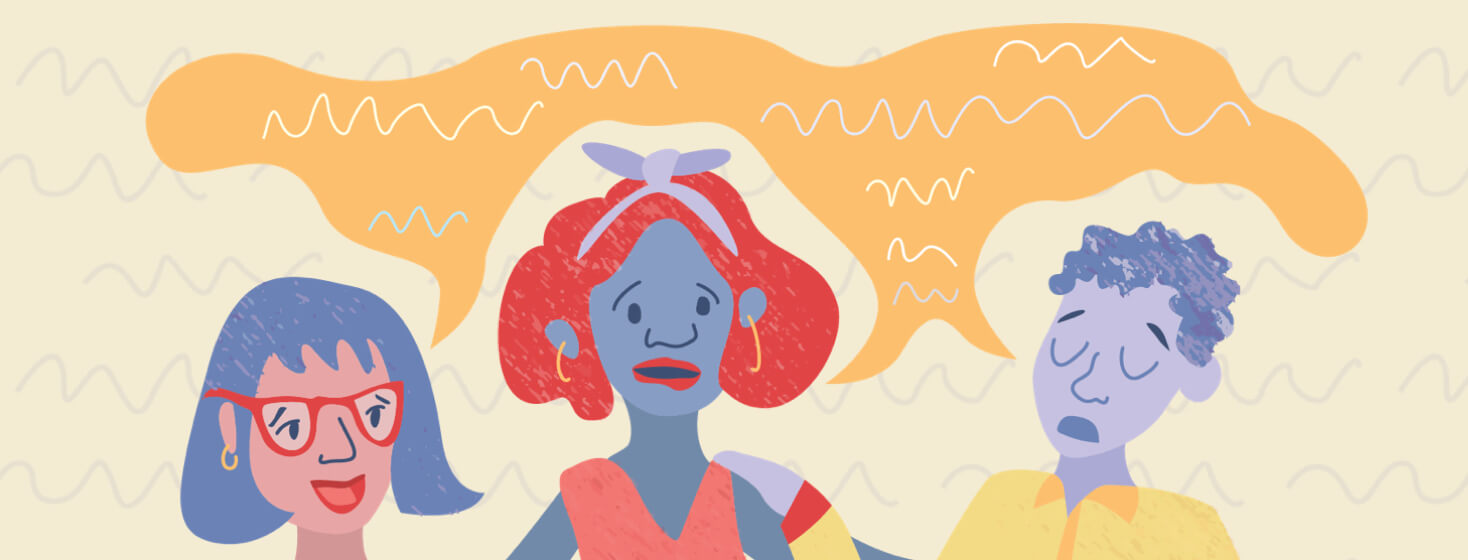One Size Doesn't Fit All
How many times have you heard phrases like, "Take some vitamins, your symptoms will go away. It worked for me," or "I am very sure it's an iron deficiency," or "My doctor asked me to cut out alcohol," or "ABC medication will definitely make your symptoms go away" and the list goes on and on and on and on?
Sometimes I want to just scream, "We are not the same!"
Restless legs syndrome (RLS) is not a one-size-fits-all sleep disorder.
People are uncomfortable with the idea of incurable illness
Anyone who knows me even a smidge knows how passionate I am about finding ways to cope with living with restless legs syndrome. This means that I talk about it a lot. I always find ways to interject RLS in most of my conversations, as I think everyone should know and be properly educated about it.
And while this is great, it also opens me up to a whole lot of opinions, most of them unsolicited — which is fair enough, considering I am also telling most of them about RLS unsolicited.
What I've found in all of these situations is that people are uncomfortable with the idea of a disease that has no known cause or cure. So you can imagine that I've been thrown any number of causes for my RLS known to man by people who do not have it. The most common ones are magnesium deficiency, iron deficiency, diabetes, uremia, pregnancy, bone disease, insomnia, poor diet, dehydration, and even demons.
The problematic advice given for treating restless legs syndrome
I've also been given a number of cures from people who either have RLS themselves, or their uncle's brother's distant cousin has it. The most common "cures" are: water, iron, vitamin D, Mirapex, Requip, rotigotine, aspirin, ibuprofen, tramadol, soap, exercise, and magnesium.
Now, these do not offend me, as I know they mostly mean well, but here's where it could become problematic:
- You think that someone who has had RLS for however long they've had it hasn't tried at least a few of those things.
- You think that because you used it and it worked, others must be doing something wrong if it didn't work for them.
- You think someone with RLS is lying when they tell you that one of the things you have mentioned is not the underlying cause of their RLS.
Be kind and empathetic in your advice
Knowing the cause of your restless legs syndrome, or fortunately having a drug or remedy that stops or reduces your symptoms, is the exception and not the rule.
Be kind, be understanding, and be empathetic in your words and advice. Having RLS is difficult enough without the added pressure of, "Oh, this worked for me, so it will definitely work for you." Instead, try saying, "Oh, this worked for me. If you haven't tried it, it might be worth looking into!" or something along those lines.
Again, restless legs syndrome is not a one-size-fits-all disorder. Most of us are just winging it and trying everything we safely can to help us cope.

Join the conversation